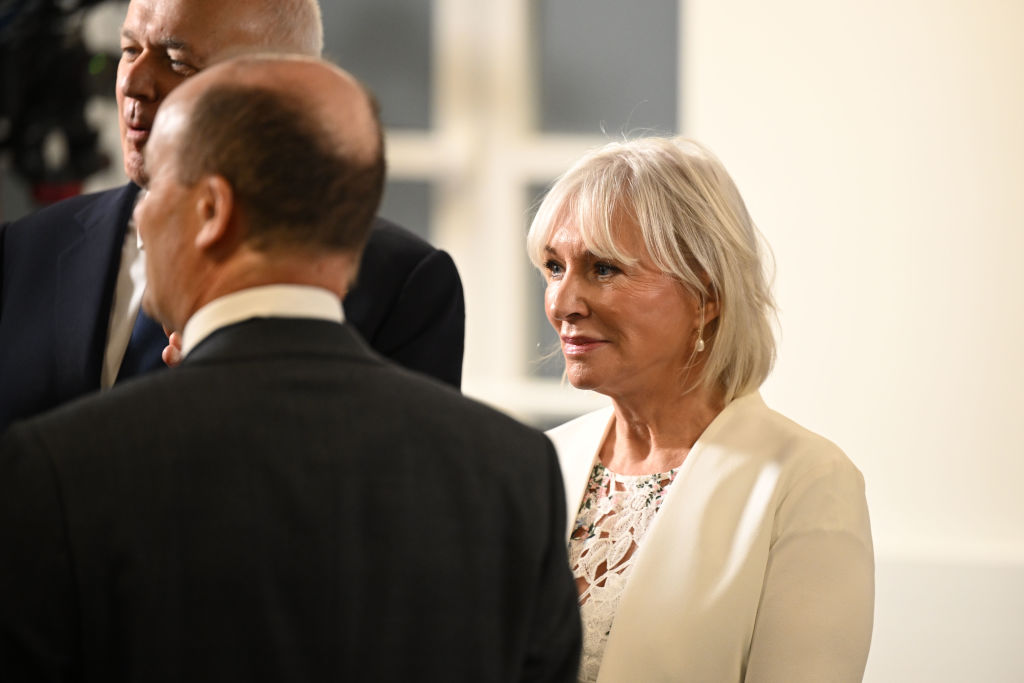Rest (hopefully) in peace: tech safety laws would have spelt disaster for free speech

THE ONLINE Safety Bill, which went into cardiac arrest on Tuesday evening after being left off the parliamentary agenda, led a messy and incoherent life. It tried to be everything to everybody, yet ultimately pleased nobody.
The Bill was born with high expectations: a promise to “make the UK the safest place in the world to be online”. It was meant to solve every societal problem, from body image issues to financial crime and disinformation. Yet in the end it came unstuck over concerns about freedom of expression.
The disquiet about the proposals has come to the fore during the leadership contest. Kemi Badenoch said the Bill would wrongly “legislate for hurt feelings” and is “in no fit state to become law”. Suella Braverman said the Bill needs a “serious rethink”. Liz Truss said that “it is important that we don’t have censorship” because of the Bill.
The central issue is the failure to grasp the complexity of the challenge and the limitations of state abilities. The only way to make the internet safe would be to shut it down entirely, same with the “real” world, where we cannot protect people from every conceivable ailment.
In practice the Bill’s prioritisation of safety seriously risked the ability to freely express ideas, to access information, and to communicate without constant surveillance. It was a censorship bill, that would have required companies to clamp down on speech, even including “legal but harmful” discourse, while harshly monitoring their platforms including private messaging.
The Bill tried to apply a “duty of care” to digital companies. But this model was always mistargeted and incoherent. This is the language of tort law and occupational health and safety, in which there is a clear link between the entity alleged to have undertaken harm (i.e. a manufacturer selling a faulty chair) and the individual who is harmed (i.e. the person who falls off the chair) and the associated damage.
By contrast, the Bill expected platforms to protect people from harm caused by other users (not the harm caused by the platform itself). It also focused on speech, which is much harder to govern and set boundaries for than physical harm. The duties would be vague, giving extraordinary discretionary power to the Secretary of State and Ofcom, while threatening fines of up to billions of pounds for non-compliance.
In practice, the only way to fulfil the duty and avoid the regulatory risk, would have been to lean on the side of caution; that is, platforms censoring speech on an industrial scale using automated technology.
The Bill would also create a new offence targeted at “serious distress,” and then require the platforms to remove this content on claims that can only be subjective. It would risk some smaller, overseas platforms opting to withdraw from the UK market to avoid the large regulatory costs associated with compliance, thus undermining the UK as a home of digital companies, and ultimately helping solidify the market position of Big Tech.
The Bill’s life may not yet be over. Like a zombie, it could return from the dead, even more mutilated and dangerous, after the summer recess.
For now, may the Online Safety Bill rest in peace, for it will not be missed.